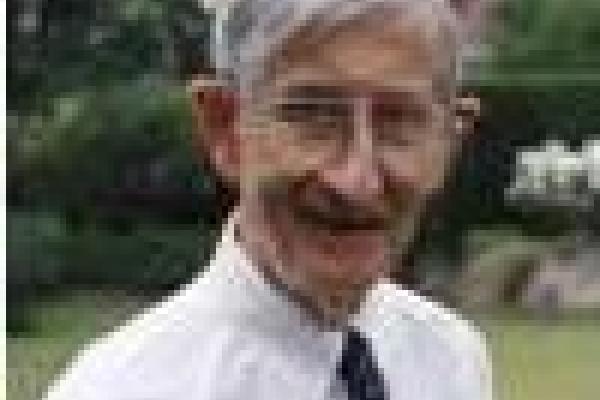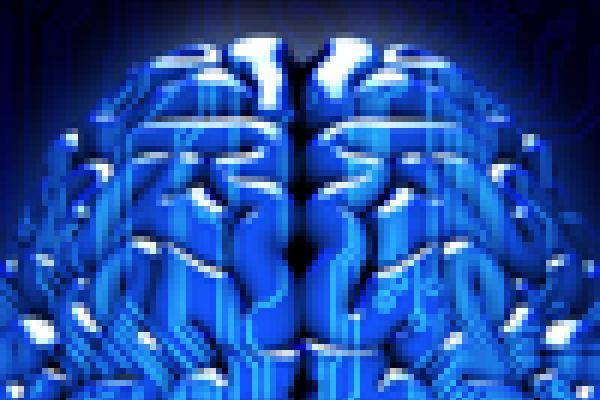Article
Article
Article

Operas, revolutions and nature's tricks: a conversation with Freeman Dyson
In February this year we were lucky enough to interview
Freeman Dyson at the Institute for Advanced Studies in
Princeton, USA. Dyson is now 89 and still does physics every day in
his first floor office at the Institute.
Here is an edited version of our interview that we hope conveys his
generous nature, wit and intellect.
Article

Building bridges from mathematics to the City
Many people's impression of mathematics is that it is an ancient edifice built on centuries of research. However, modern quantitative finance, an area of mathematics with such a great impact on all our lives, is just a few decades old. The Isaac Newton Institute quickly recognised its importance and has already run two seminal programmes, in 1995 and 2005, supporting research in the field of mathematical finance.
Article

Strings, particles and the early Universe
The Strong Fields, Integrability and Strings
programme, which took place at the Isaac
Newton Institute in 2007, explored an area that
would have been close to Isaac Newton's heart:
how to unify Einstein's theory of gravity, a
continuation of Newton's own work on
gravitation, with quantum field theory, which
describes the atomic and sub-atomic world, but
cannot account for the force of gravity.
Article


Taming water waves
Few things in nature are as dramatic, and potentially dangerous, as ocean waves. The impact they have on our daily lives extends from shipping to the role they play in driving the global climate. From a theoretical viewpoint water waves pose rich challenges: solutions to the equations that describe fluid motion are elusive, and whether they even exist in the most general case is one of the hardest unanswered questions in mathematics.
Article

Renewable energy and telecommunications
When the mathematician AK Erlang first used probability theory to model telephone networks in the early twentieth century he could hardly have imagined that the science he founded would one day help solve a most pressing global
problem: how to wean ourselves off fossil fuels and switch to renewable energy sources.
Article

The shape of things to come
Progress in pure mathematics has its own tempo. Major questions may remain open for decades, even centuries, and once an answer has been found, it can take a collaborative effort of many mathematicians in the field to check
that it is correct. The New Contexts for Stable Homotopy Theory programme, held at the Institute in 2002, is a prime example of how its research programmes can benefit researchers and its lead to landmark results.
Article

From neurobiology to online gaming
Artificial neural networks grew out of researchers' attempts to mimick the human brain. In 1997 the Isaac Newton Institute hosted a landmark research programme in the area. Today, neural networks are able to learn how to perform complex tasks and are crucial in many areas of life, from medicine to the Xbox.
Article

Looking at life with Gerardus 't Hooft
Nobel Prizewinning Physicist Professor Gerardus 't Hooft has always been fascinated by the mathematical mysteries of nature. He tells Plus about his early life, and what our Universe might really be like.
Article

Catching waves with Kip Thorne
What happens when one black hole meets another? Professor Kip Thorne shows us how to eavesdrop on these cosmic events by watching for telltale gravitational waves.
Article

Roger Penrose: A Knight on the tiles
Will we ever be able to make computers that think and feel? If not, why not? And what has all this got to do with tiles? Plus talks to Sir Roger Penrose about all this and more.